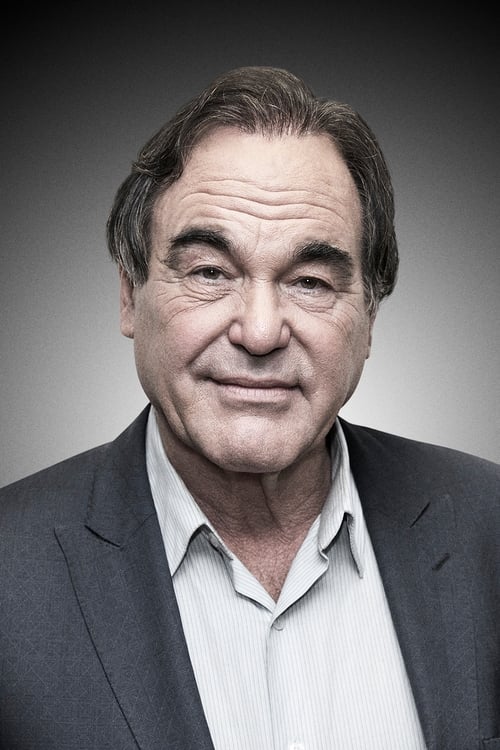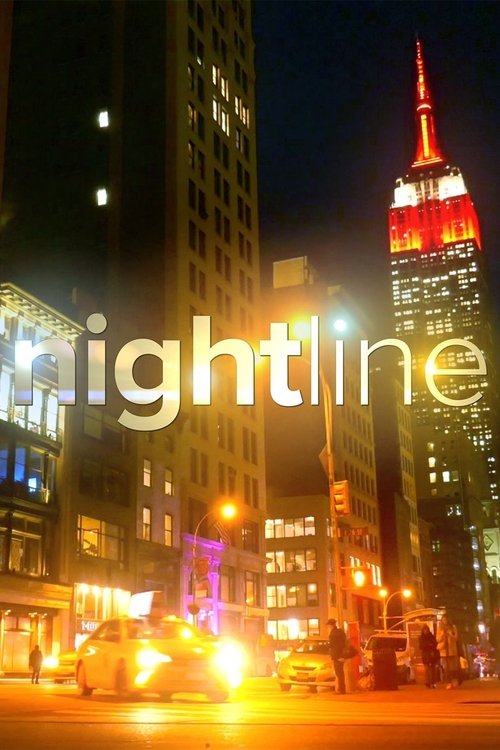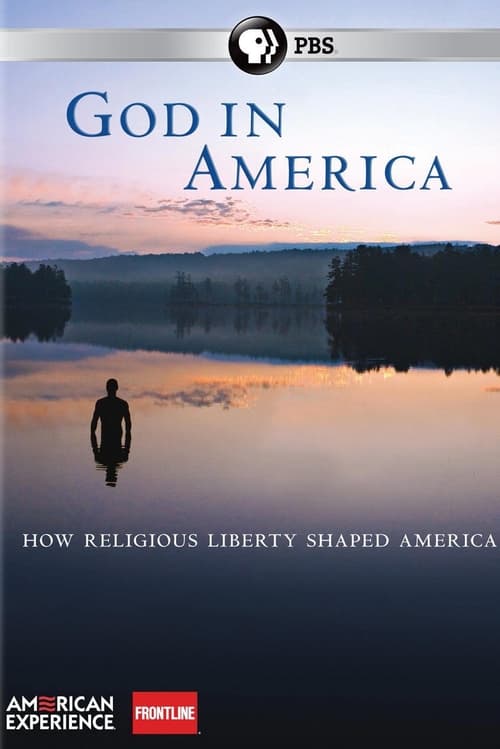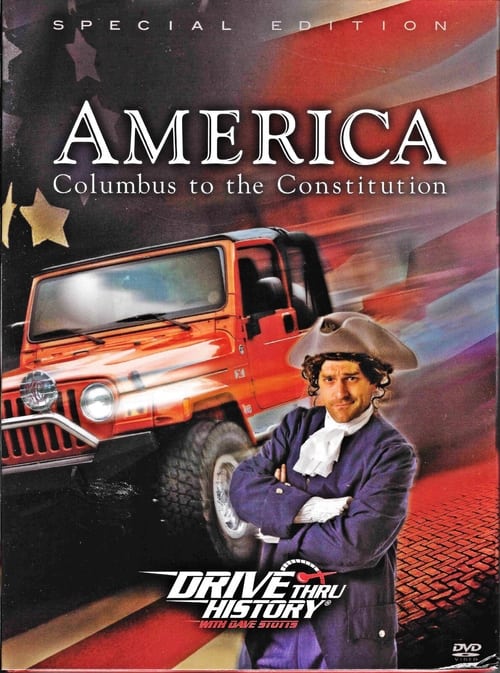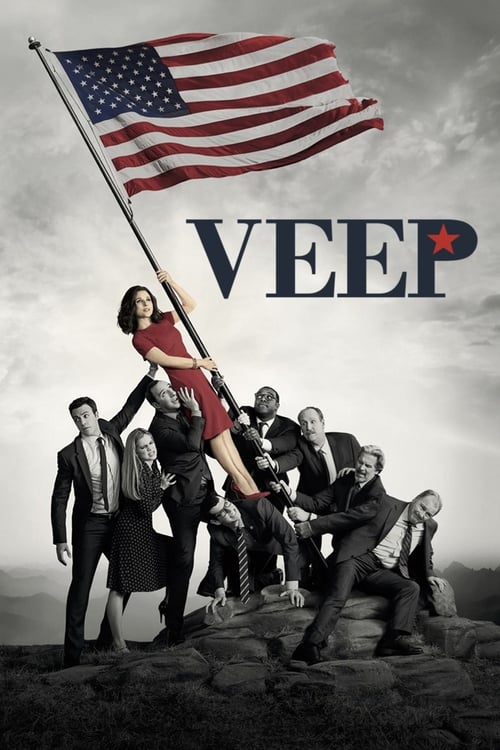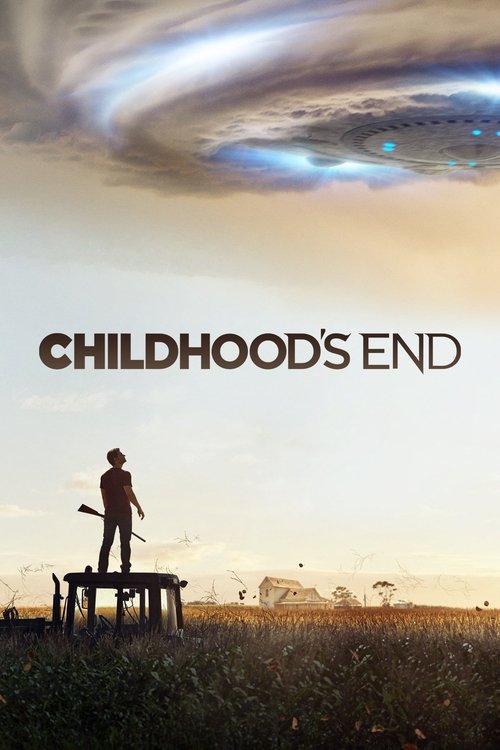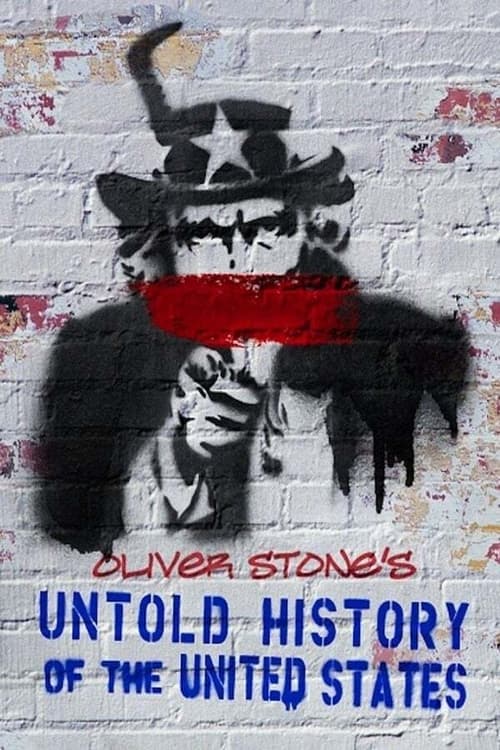
Genres
Networks
Created By
Oliver Stone's Untold History of the United States
Overview
Oliver Stone's re-examination of under-reported events in American history.
Key Crew
Producer: Fernando Sulichin, José Ibáñez
Top Cast
Seasons
Season 0 (2013)
No overview available.
4 episodes
Episodes
Episode 1: Prologue: Chapter A - World War I, the Russian Revolution & Woodrow Wilson
2013-10-15The world political and colonial empires at the beginning of the 20th century. The USA resuming control of most of the former Spanish empire around the globe plus Great Britain and Germany's ideology at that time. It continues on into the Russian revolution when Lenin became leader. This is a bonus episode that precedes the other 8 episodes of the series.
Runtime: 58 minEpisode 2: Prologue: Chapter B - 1920-1940, Franklin D. Roosevelt, Adolf Hitler and Joseph Stalin
2013-10-15Many events from the 1920s that led up to the establishment of the leaders prior to and during world war II. Most everyone knows about prohibition but few know about the US bankers profiteering extensively by loaning money to post world war I Germany who then paid its war reparation to Britain and France who in turn paid their war debts to the US. USMC general Smedley Butler speaks out against these acts of profiteering. He is suspiciously left out of modern US history.
Runtime: 58 minEpisode 3: A Conversation with History
2013-10-15Executive producer Oliver Stone and author/political philosopher Tariq Ali share a wide-sweeping discussion on American history, the myth of national benevolence, corruption by way of power, the roots and entanglements of the military-industrial complex, post-World War II international events that came to bear on fears and anxieties in the United States, the wars, conflicts and social upheavals of the 20th century, the naiveté of young citizens, the ever-developing narratives of history, and much, much more.
Runtime: 58 minEpisode 4: Episode 4
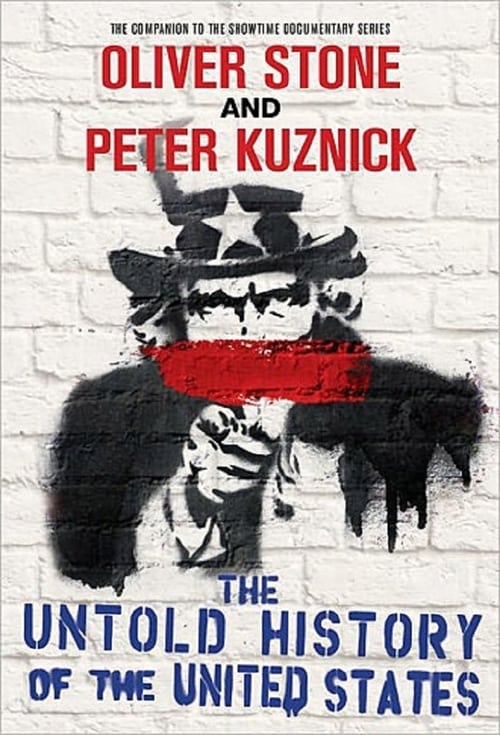
Season 1 (2012)
No overview available.
10 episodes
Episodes
Episode 1: Chapter 1 - World War Two
2012-11-12The first chapter explores the birth of the American Empire by focusing on Franklin D. Roosevelt, Winston Churchill and Joseph Stalin. Through examination of key decisions during World War II, discover unsung heroes such as American Henry Wallace and explore the demonization of the Soviets.
Runtime: 58 minEpisode 2: Chapter 2 - Roosevelt, Truman & Wallace
2012-11-19Highlights from the historical upset of Harry Truman replacing Henry Wallace as Roosevelt's Vice President. Exploration of the relationship between the US and the Soviet Union and the beginnings of the Cold War.
Runtime: 58 minEpisode 3: Chapter 3 - The Bomb
2012-11-26The strategies behind the U.S. atomic bombings of Japan are explored as well as the new mythology that emerged from the war. The bombing haunted the Soviets and mistrust towards the Allies grew quickly.
Runtime: 58 minEpisode 4: Chapter 4 - The Cold War - 1945-1950
2012-12-03The equation changes: specific month-by-month causes of the Cold War emerge and it is not entirely clear who started it. Highlights include Churchill's Iron Curtain speech, the civil war in Greece and the Red Scare that prompts the rise of Joseph McCarthy, the House Un-American Activities Committee and the FBI.
Runtime: 58 minEpisode 5: Chapter 5 - The 50s: Eisenhower, the Bomb & the Third World
2012-12-10Eisenhower and John Foster Dulles replace Truman. Stalin dies but relations with the Soviet Union turn colder. The H-bomb and the doctrine of nuclear annihilation are explored, as are the Korean War and U.S. rearmament. McCarthyism grows and so does the ruthlessness of U.S. policy towards a Third World. Eisenhower emerges as a game changer.
Runtime: 58 minEpisode 6: Chapter 6 - JFK: To the Brink
2012-12-17JFK and the Bay of Pigs; on the brink of total war during Cuban Missile Crisis; early Vietnam; JFK's attempts at peace with Khrushchev; JFK assassinated. Directed and narrated by Oliver Stone.
Runtime: 58 minEpisode 7: Chapter 7 - Johnson, Nixon & Vietnam: Reversal of Fortune
2012-12-24The war in Vietnam reaches a turning point; President Nixon's involvement in Watergate comes to light.
Runtime: 58 minEpisode 8: Chapter 8 - Reagan, Gorbachev & Third World: Rise of the Right
2012-12-31Ronald Reagan succeeds Jimmy Carter; Reagan and the Soviet Union's Mikhail Gorbachev powwow; and Reagan's legacy is examined.
Runtime: 58 minEpisode 9: Chapter 9 - Bush & Clinton: American Triumphalism - New World Order
2013-01-07George W. Bush and the wars in Iraq and Afghanistan; the U.S. economy; the end of the Cold War; and national security in America.
Runtime: 58 minEpisode 10: Chapter 10 - Bush & Obama: Age of Terror
2013-01-14In the finale, the war on terrorism and the presidential administrations of George W. Bush and Barack Obama are examined.
Runtime: 58 minVideos
Untold History of The United States and Oliver Stone
